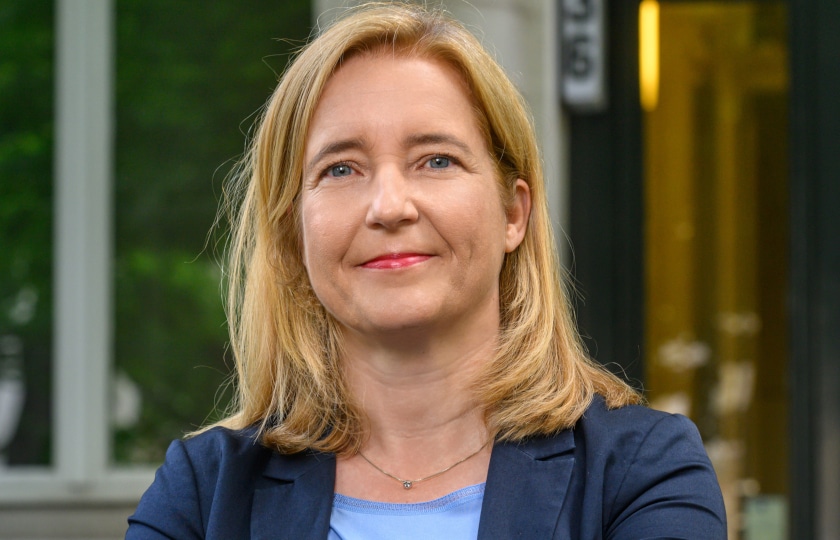Funded by the German Cancer Aid, this cooperative project investigates how younger patients with newly diagnosed cancer can be optimally counseled in dealing with fertility issues.
For this purpose, different work packages identified elements pertinent to choices concerning fertility preservation measures and the counselling procedure.
The Leibniz Institute for Media Research analysed selected media and communication formats, including information materials, websites, forums and Instagram, to gain an overview of the information available to patients on this topic. The analysis focused particularly on how ethical aspects are presented and reflected, as well as on the objectivity, quality, and reliability of the information.
The results helped to identify areas where action is needed to provide reliable, appropriate information, thus optimising counselling and support for those affected.













